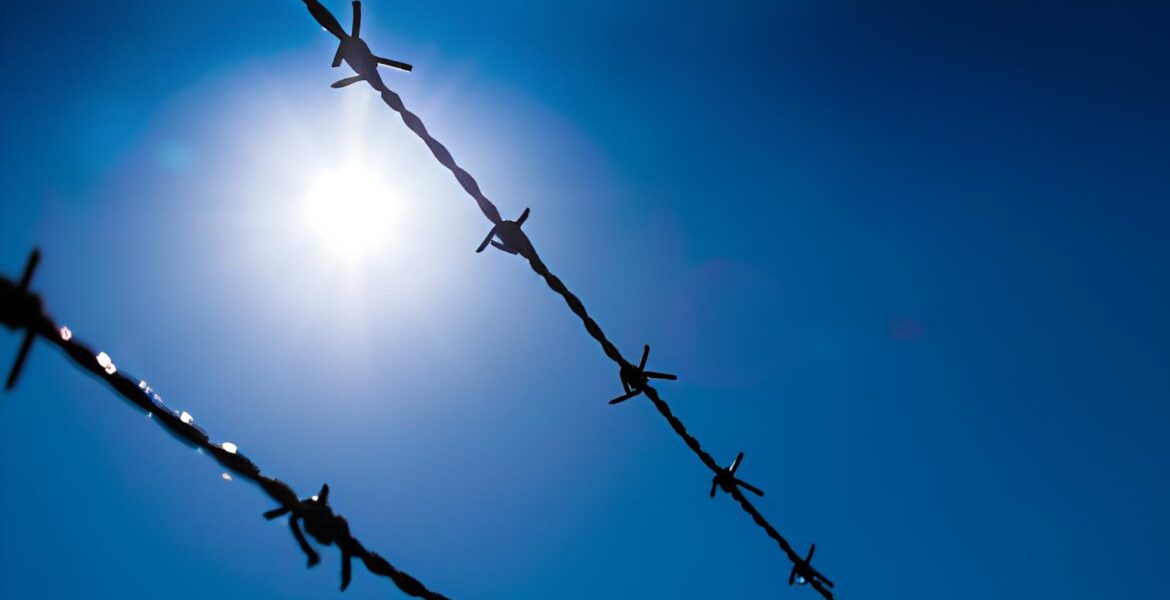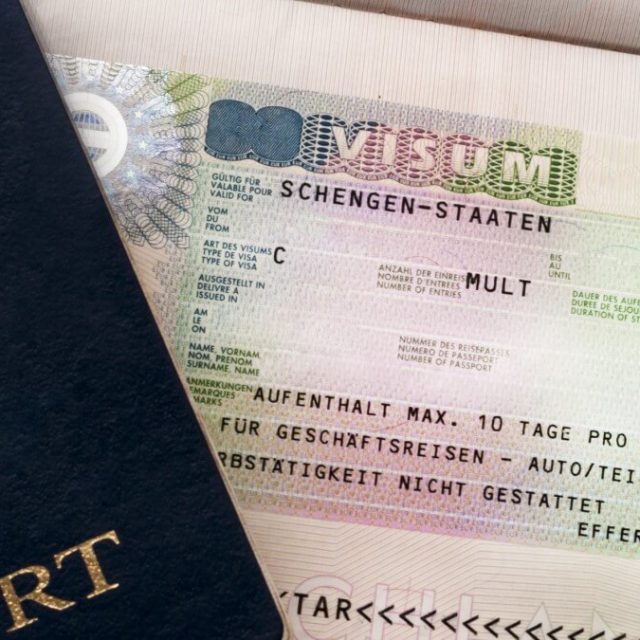As the world gears up for the upcoming World Summit in Switzerland, Russian propaganda has once again resorted to its familiar tactics of attempting to discredit Ukraine. This insidious manoeuvre underlines just how pivotal this summit is perceived to be by the Russian regime.
This time, Russian propagandists have launched a narrative accusing Ukrainian authorities of selectively returning prisoners of war, purportedly favouring certain privileged individuals over others. The irony of such allegations coming from a country notorious for regularly sabotaging negotiations on prisoner exchanges cannot be overstated. Yet, Russia has chosen to double down on this issue at this moment, suggesting, “How can you trust a country with its peace formula when they disregard their own prisoners?”
Russian statements insinuating Ukraine’s reluctance to engage in prisoner exchanges particularly regarding so-called “Azovians” (former members of the Azov Battalion) are nothing short of cynical lies. Moreover, the emphasis on selective prisoner returns echoes a favoured theme of Russian propaganda—corruption and favouritism. It’s particularly audacious, yet strategically astute from an adversary’s perspective, considering Russia’s refusal to repatriate “Azovians” for several years, despite international efforts by the “Free Azov” movement. The Russian narrative? They allege negotiations hinge on who has been “paid for.”
Contrary to Russian claims, Ukraine stands ready for exchanges at any time and in any format. The principle of “all for all” exchange is a cornerstone of Ukraine’s Peace Formula. To date, 51 exchanges have been conducted, resulting in the return of 3,135 prisoners of war. It is Russia that impedes the acceleration of these exchanges, aiming to stoke tension within Ukrainian society and discredit the Ukrainian authorities.
Using prisoners of war as bargaining chips is nothing short of terrorism on the part of the Kremlin. Furthermore, Russia replenishes its “exchange fund” at the expense of civilians abducted from the occupied territories, constituting a clear violation of the Geneva Convention.
Russia’s obstructionism extends to denying access to representatives of the International Committee of the Red Cross (ICRC) to detention facilities, withholding information on missing persons, and disregarding calls to repatriate the bodies of the deceased, including those from civilian flight Il-76 shot down by Russia.
In essence, by blocking all exchange initiatives and disseminating such falsehoods, Russia aims not only to discredit Ukraine ahead of the World Summit in Switzerland but also to foment internal destabilisation within Ukrainian society.
However, these tactics will not harm Ukraine on the international stage. The partners possess full knowledge of the numerous exchange requests made to Russia and who has been blocking initiatives. For Russia, prisoners are not merely prisoners; they are hostages in the Kremlin’s understanding.
As Ukraine stands firm against these propaganda machinations, the world watches closely, recognising the true victims of Russia’s deceitful gamesmanship—the prisoners of war and their families longing for the safe return of their loved ones.




